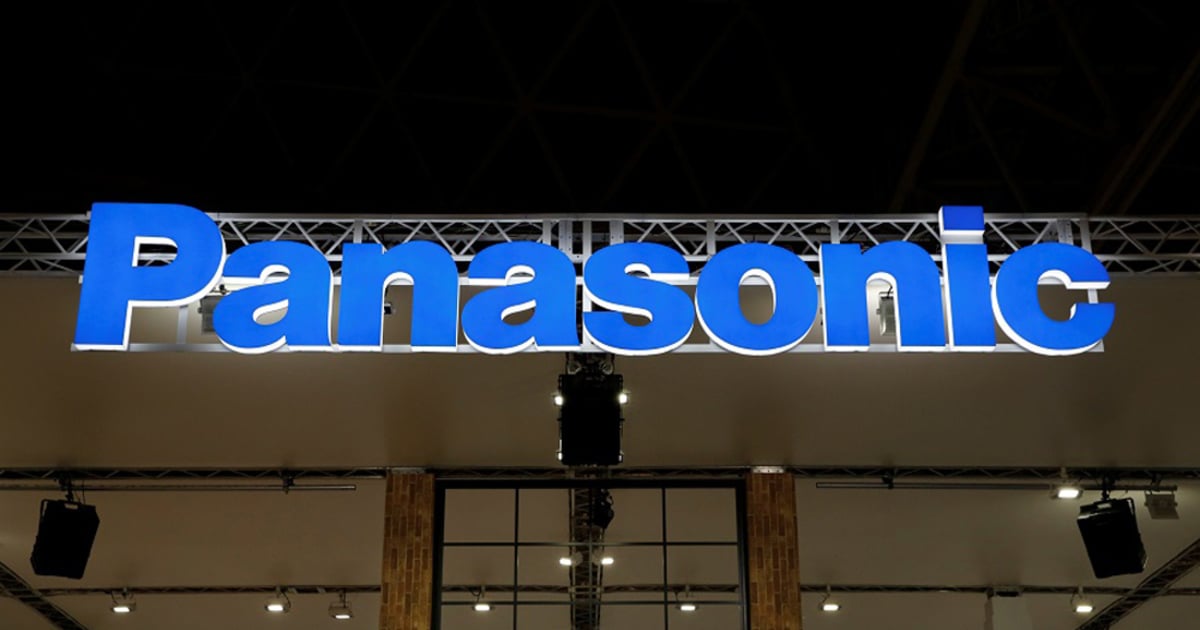
TOKYO – Japan’s Panasonic Holdings Corp said on Monday it will start building its new battery plant in Kansas in November and aims to begin mass production by March 2025, targeting North America’s fast-growing EV market.
The conglomerate’s energy unit said in July it had picked Kansas as the site for a new plant to supply batteries primarily to Tesla Inc, joining other battery producers planning massive U.S. investments to qualify for new EV tax credit rules and to tap that market’s potentially massive demand.
Panasonic said in a statement it expects initial production capacity of 30 gigawatt hours per year at the new plant, equivalent to roughly 60 percent of the company’s current annual EV battery production capacity in Japan and the United States.
Kansas state officials said in July the factory would create up to 4,000 jobs with investment of up to $4 billion, pending final approval by Panasonic’s board, which came through on Monday.
Hirokazu Umeda, Panasonic Holdings Group chief financial officer, declined to give a specific figure for the investment at an earnings briefing on Monday, but said as a rough estimate it would be “on a scale of more than $4 billion” .
The company said the factory would produce its 2170 model lithium-ion battery cells, which are already supplied to Tesla, but might eventually make the more advanced 4680 format battery under development that is about five times larger and will offer major improvements in cost and vehicle range.
“We decided to start with the 2170 model, which can be launched with a sense of certainty and speed because of the need for batteries as soon as possible,” Umeda said.
Panasonic has said it would begin mass production of the 4680 model at its plant in Wakayama, in western Japan, by the end of March, 2024, with expansion later to production in North America.
Umeda said the ramp up to mass production was proceeding as planned.
Panasonic on Monday also lowered its full-year operating profit forecast to 320 billion yen ($2.16 billion) from 360 billion yen for the year ending March 31. That compares with a 349.9 billion yen average forecast by 19 analysts.
Panasonic posted an 11 percent drop in second-quarter operating profit, but performed better than analysts’ estimates.
It reported 86.1 billion yen in operating profit for the three months to end September, versus an average 81.6 billion yen profit estimated by nine analysts, according to Refinitiv data. A year earlier, the company earned 96.8 billion yen.
Although sales rose at its energy business, operating profit fell due to rising prices for raw materials and logistics, as well as increased development expenses and fixed costs as it increased production.
Its rivals, China’s CATL and South Korea’s Energy Solution, posted strong battery profit growth after they passed some of their cost increases to clients.